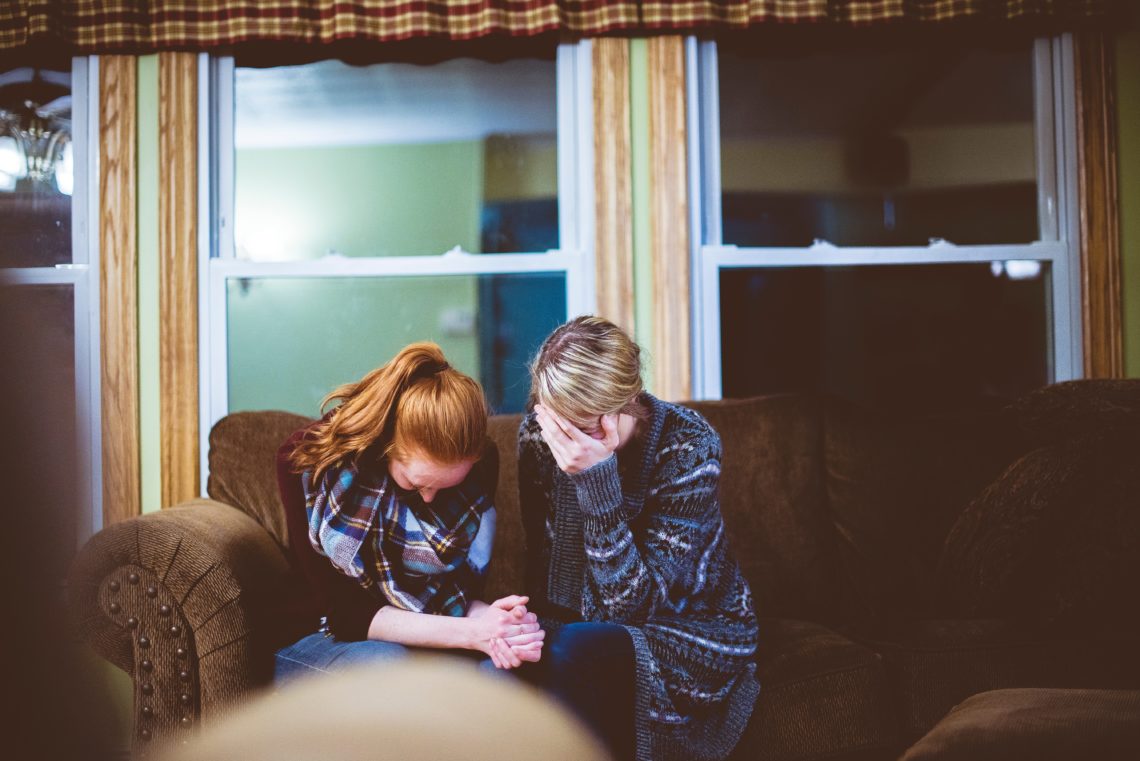-
Resilience

What is resilience? Resilience is something we all want, few of us practice and most of us have little idea as to what it is. We go through our lives in lock-step dealing with life’s numerous pitfalls and challenges without an understanding of the impact that stress has on our bodies and psyche. Resilience represents an individual’s ability to effectively tolerate life’s stressors, to more effectively “go with the flow” so to speak. To be resilient means that even though we cannot avoid stress we have the capability of actively managing it.
-
Why Words Are so Important in Psychiatry

As reviewed in a past article, the field of Psychiatry is unique among medical specialties. At present, medical technology has yet to provide adequate imaging or laboratory testing that would allow for more objective assessment of a patient’s symptoms and concerns. A person with chest pain, fatigue and a racing heartbeat can rest assured that a carefully designed testing protocol will clarify the nature of the problem. Cardiac enzymes, electrocardiogram, chest x-ray and even cardiac catheterization will provide objective evidence to either rule-in or rule-out a cardiac event. Or the severe sore throat that makes swallowing difficult can be objectively clarified by obtaining a throat culture and consequently help the physician chose an antibiotic if indicated.
-
Abusive Relationships – Are You Involved With A Narcissist?

A narcissist is usually described as someone who believes they are better than others. It’s all about them. They think they know more about everything, are better looking, and have a better personality than those around them. They don’t have much regard for others.
-
PTSD After The Sudden Death Of A Loved One

People form countless relationships throughout their lives – with family members, friends, coworkers, and neighbors. We have the deepest connections with the people we love – these relationships help make us who we are. They contribute to our sense of identity and have the power to transform us, for good or bad. Because of this, the death of a loved one can create numerous psychological issues, including PTSD, particularly if the loss was tragic and unexpected.
-
Is Suicide Contagion Behind The Recent Parkland Deaths?

We are only one month past the first anniversary of the shootings at Marjorie Stoneman Douglas High School and this past week we have all been saddened to learn of the suicides of two students who survived the attack. Additionally, the father of a child who was killed in the 2012 Sandy Hook school shootings also died this week – apparently due to suicide. Is it possible that these deaths are the result of suicide contagion?
-
Why We Dread Bedtime When We’re Anxious

For those who struggle with anxiety and insomnia, lying in bed at night can be dreadful. Before getting into bed for the night, many will describe allowing themselves to have a nice, relaxing evening. They may feel relatively low stress or little to no anxiety. But, as soon as the lights turn off for the night, the brain turns on with a vengeance. Now you’re in bed, wide awake, worrying about any and every possible negative outcome in the days, weeks, months and even years ahead.
-
Intensive Outpatient Therapy For Depression And Anxiety Help

We all have our anxious moments or times when we are depressed. It’s normal to feel these emotions when we are in stressful situations. Generally, this anxiety or depression goes away once conditions improve and life becomes less hectic again. For millions of people, however, anxiety or depression can drag on and on. It may get worse over time and might even start to interfere with their work, school, or relationships. When it reaches this point, it is likely that the person has an anxiety or mood disorder that requires treatment.
-
The Connection Between Diet And Mental Health

Hungry? Beware – reaching for the chips or soda could be at the root of your mental health. After all, we really are what we eat. As it turns out, recent studies have shown that diet and mental health are more closely linked than we realize.
-
Social Anxiety in Toddlers

Toddlerhood is defined as the age range from 12 to 36 months. During this period, a child’s emotional and cognitive development grows by leaps and bounds, as do their social skills. This also coincides with the time when children are likely to go into a daycare environment or head off to preschool. As they engage more often with other children and adults, it may also be the stage when a toddler’s social anxiety begin to emerge.
-
Asperger’s And Diagnosing Autism In Adults

We usually think of autism as being a childhood disorder because it is typically talked about in kids. Nowadays, children are screened for the signs of autism by their pediatricians during their 18- and 24-month well checks. This means that most cases of autism will have been identified by the time a child is two years of age. But, this screening procedure is fairly recent, so what if you are an adult who was told you had a learning disorder years ago or were called a “difficult” child before this protocol? Is it possible that you may have undiagnosed autism spectrum disorder (ASD), even if your symptoms are mild?